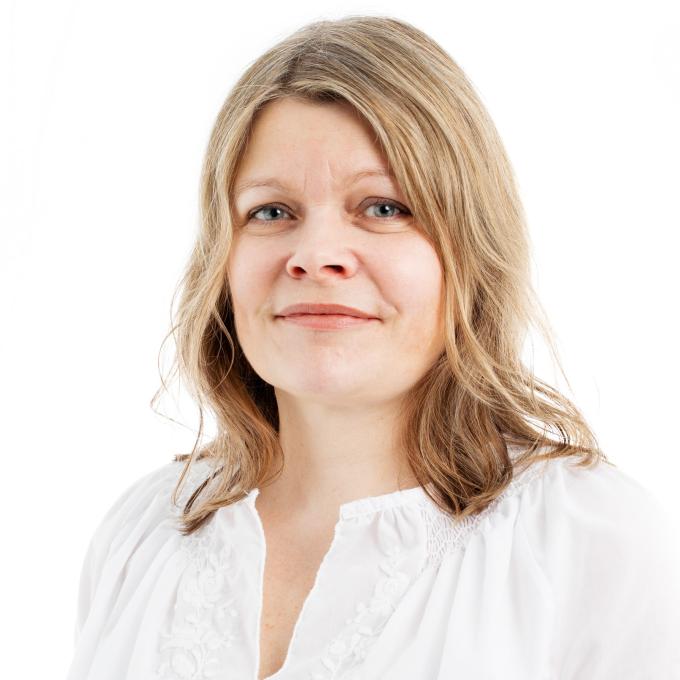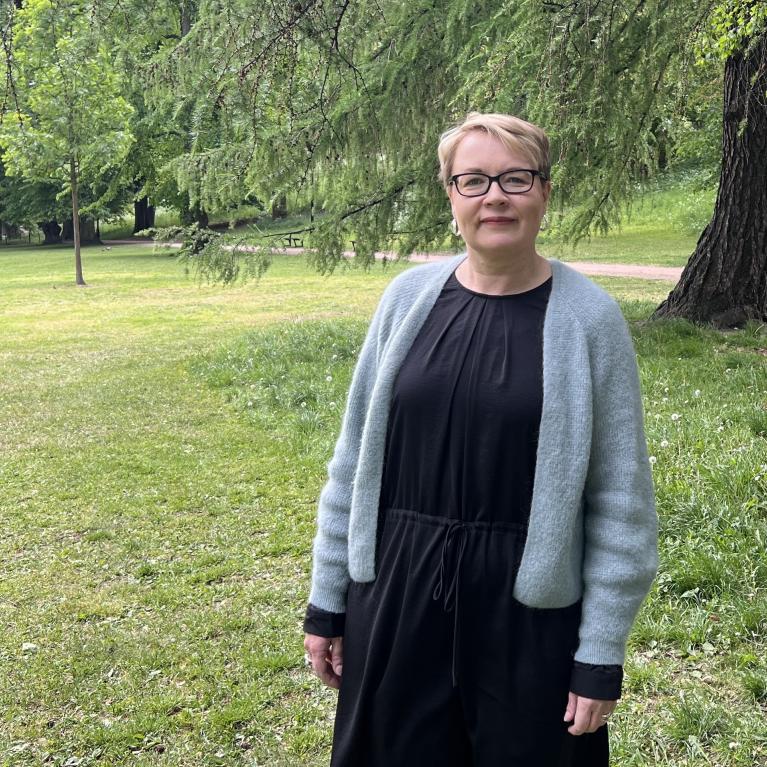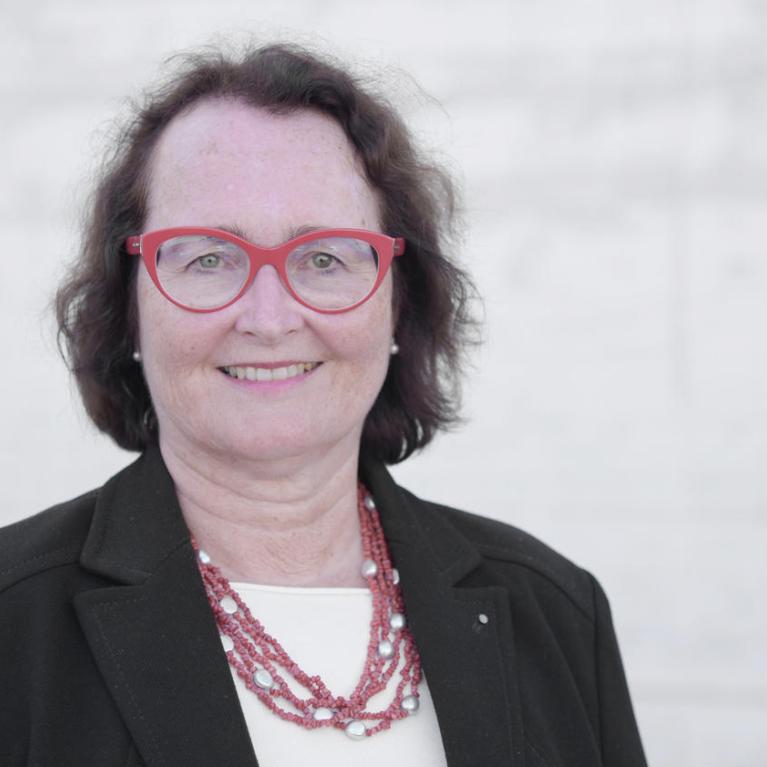The topic of women's health has received increasing attention in recent years: We have too little knowledge about health challenges and diseases that women in particular have, and less research has been done on women's health than men's. Nevertheless, it is still the case that medical research makes too little use of a gender perspective in its analyses. It is also the case that medical studies do not always include both genders, and more often women rather than men are left out. The result is that knowledge about women's health is inadequate and this may mean that women do not receive as good a health service as men.
For example, it may be the case that women do not receive as good diagnosis and treatment for diseases that affect both sexes, such as heart attacks. However, challenges with correct diagnosis and treatment due to insufficient knowledge also apply to diseases that affect women more often than men, such as musculoskeletal disorders and mental disorders. Or diseases of a more indeterminate nature, such as ME/CFS (Myalgic encephalomyelitis/Chronic fatigue syndrom) and fibromyalgia. Studies show that in addition to a lack of knowledge, many of these diseases have a low "status" both in the population and in the medical profession itself.
Another challenge is that some diseases have become very strongly linked to one gender, so that, for example, breast cancer in men and heart attacks in women can go undetected and untreated over time.
What do we know about women's health?
For several years, key players have called for more attention to be paid to women's health and gender differences in health and disease, both in terms of research and information. As a knowledge centre, we have also been concerned with this, and in collaboration with the Norwegian Women's Public Health Association, we published in 2018 the survey What do we know about women's health? (In Norwegian only) The report revealed knowledge gaps in research on women's health and provided a basis for asking whether women generally receive poorer health services than men due to a lack of research in the field. To ensure better quality in the health services for all groups in society, and with it, greater trust in the health service, increased expertise is needed on gender-specific health challenges. This knowledge is necessary both in terms of practice, health services and as a starting point for new research questions.
Gender in health science education
There is therefore reason to take a closer look at what students in Norwegian health professions actually learn about gender and women's health during their education. In 2020, we prepared the report What do we know about gender and women's health in health professions education? (In Norwegian only) The report is a survey of learning objectives about gender and women's health in the educations of medicine, nursing, psychology, social care and physiotherapy, and was funded in collaboration with the Norwegian Women's Public Health Association. The survey shows that gender perspectives in general and women's health in particular are not systematically integrated into health professions education. This is worrying as research shows that women and men have different health challenges.
Web portal on Women's health
In order to increase knowledge about women's health and gender differences in health in the general public, we also have a long-term goal of developing a separate web portal that makes available research that already exists in this field. The work with the portal has now started. Read more about it
Women's Health Committee
In 2021, the Government appointed a committee to lead the work on a new Official Norwegian Report (NOU) on women's health and health in a gender perspective. The Commission presented the NOU in March 2023. The previous public report on women's health (Women's Health in Norway) was published in 1999 and revealed a general lack of gender-specific knowledge and gender perspectives in medical research.
Read about the Women's Health Committee's NOU in Kilden's news magazine: "New knowledge about women's health must be included in the curricula and put into practice" (In Norwegian only).
In connection with the committee's work, the Norwegian Institute of Public Health has produced the report Sex and Gender-based Analyses in Norwegian Treatment Studies: a Scoping Review, which looks at medical studies over the past five years. The report shows that sex (or gender) is not a topic in a majority of the studies, and that in the studies where sex is a topic, the significance of this is not discussed, at least not in a systematic way.







